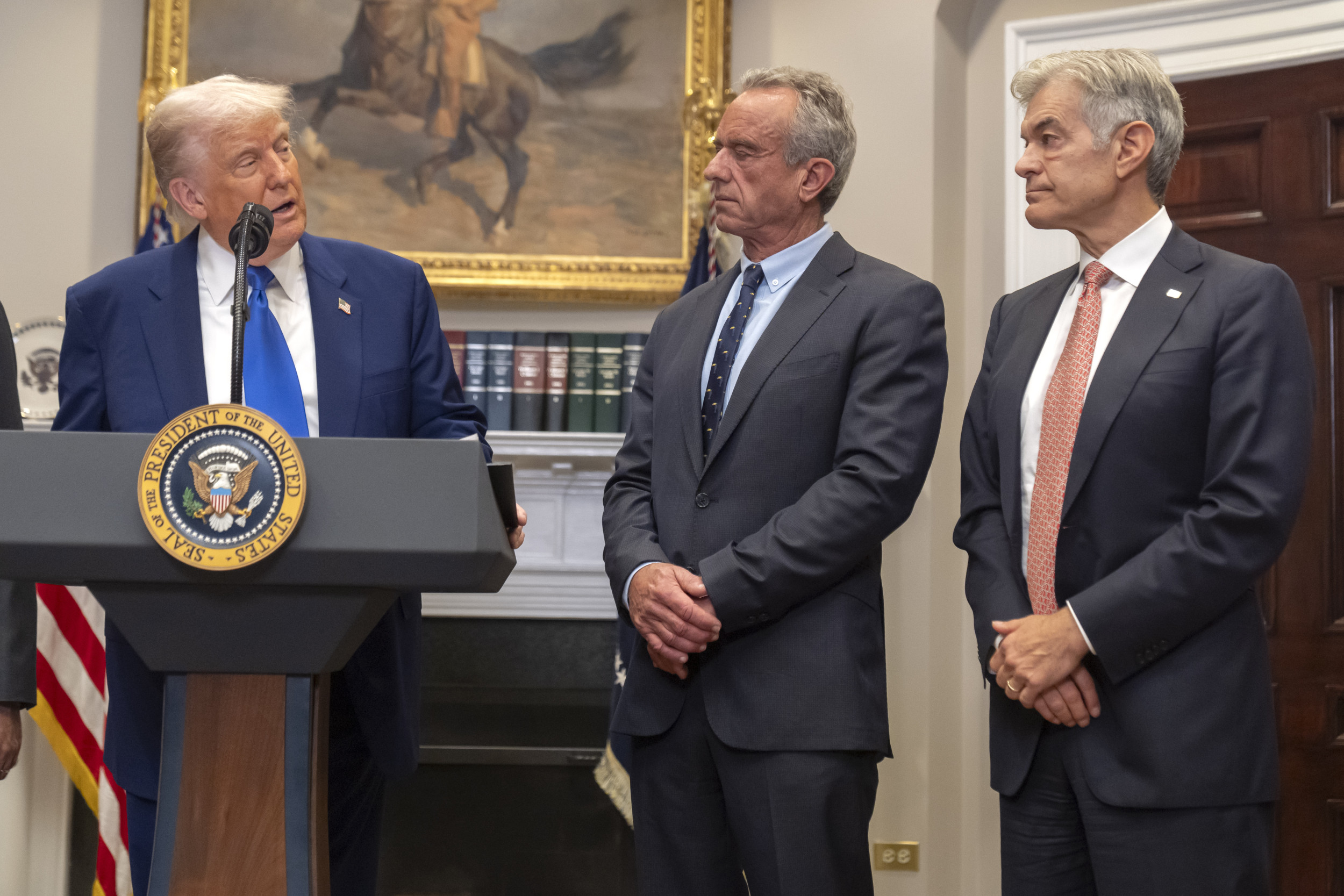Major Overhaul of US Health Plans Announced: What it Means for You

Washington D.C. – In a surprising move that could reshape the American healthcare landscape, significant reforms to US health plans were announced on Monday afternoon. The announcement, made jointly by Robert F. Kennedy Jr. and Dr. Mehmet Oz at a highly anticipated press conference, signals a potential shift in how millions of Americans access and receive healthcare.
While the full details of the reforms are still being released, key areas of focus appear to include increased transparency in pricing, expanded coverage options, and a renewed emphasis on preventative care. Kennedy and Oz, representing distinct perspectives within the healthcare debate, presented a united front, suggesting a bipartisan effort to address long-standing concerns about affordability and accessibility.
Understanding the Key Changes
Transparency in Pricing: One of the most significant promises is a push for greater price transparency. For years, patients have struggled to understand the true cost of medical procedures and services. The new reforms aim to require insurance companies and healthcare providers to disclose pricing information upfront, allowing consumers to make more informed decisions about their care. This is expected to foster competition and potentially drive down costs.
Expanded Coverage Options: The changes also propose expanding coverage options for individuals and families. Details remain scarce, but discussions suggest the possibility of offering more affordable plans, particularly for those who are self-employed or do not receive health insurance through their employers. This could significantly impact the uninsured rate and improve access to care for vulnerable populations.
Emphasis on Preventative Care: Recognizing the importance of proactive health management, the reforms place a greater emphasis on preventative care services. This includes increased coverage for routine checkups, screenings, and vaccinations. The rationale is that investing in preventative care can help identify and address health issues early on, ultimately reducing the need for more costly interventions down the line.
The Road Ahead: Challenges and Opportunities
While the announcement has been met with cautious optimism, significant challenges lie ahead. Implementing these reforms will require collaboration between insurance companies, healthcare providers, government agencies, and policymakers. Furthermore, there will likely be resistance from certain stakeholders who may be negatively impacted by the changes.
However, the potential benefits of these reforms are substantial. By increasing transparency, expanding coverage, and prioritizing preventative care, the US healthcare system could become more affordable, accessible, and effective. The coming months will be crucial as the details of the reforms are finalized and the implementation process begins.
Expert Reactions
“This is a welcome step towards addressing the affordability crisis in healthcare,” said Dr. Emily Carter, a healthcare economist at the Brookings Institution. “However, the devil is in the details. We need to see concrete measures and robust enforcement to ensure that these reforms truly benefit consumers.”
Robert F. Kennedy Jr. emphasized the importance of empowering individuals to take control of their health. “For too long, patients have been left in the dark about the costs and quality of care,” he stated. “These reforms are designed to put the power back in the hands of the people.”
Dr. Mehmet Oz added, “We need to focus on prevention and early detection. By investing in preventative care, we can improve the health of our nation and reduce the burden on our healthcare system.”
The reforms represent a significant moment in the ongoing debate about healthcare in the United States. The coming weeks and months will be critical in determining the ultimate impact of these changes on the lives of millions of Americans.





